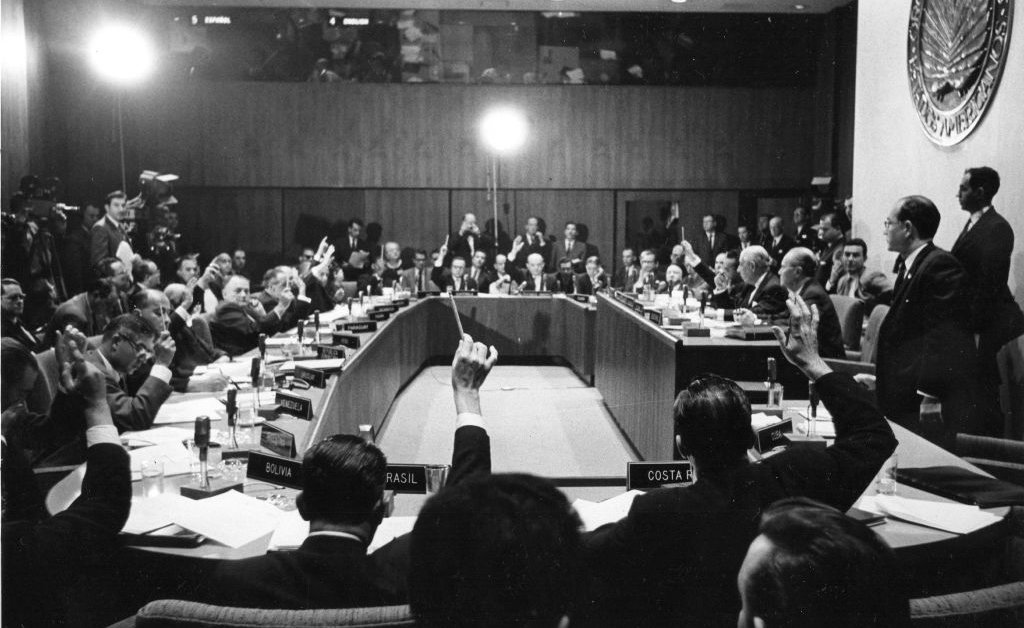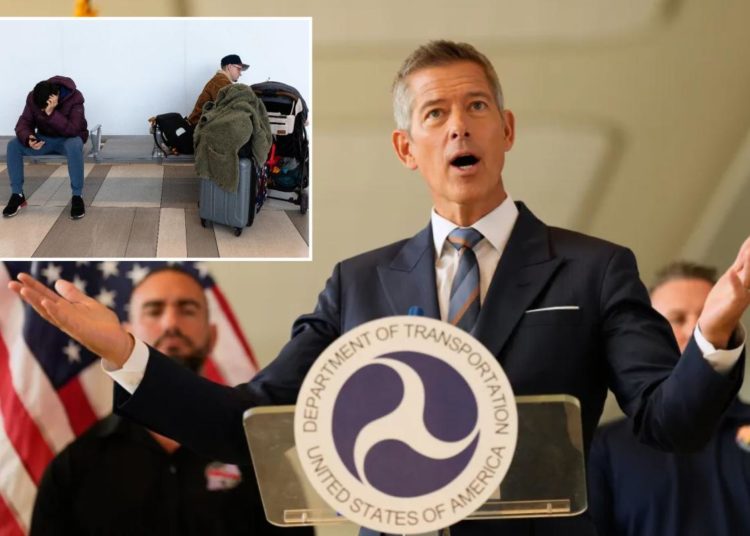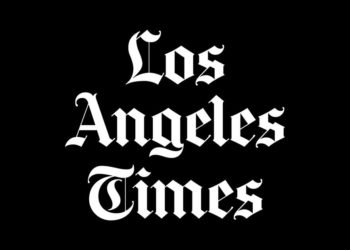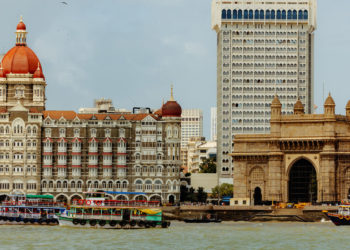It appears that America’s leaders have forgotten the value of alliances. In the past few months alone, the United States has threatened neighbors across Latin America, carried out airstrikes on vessels in nearby international waters, bullied European leaders and abandoned NATO allies, and intentionally destroyed the aid programs that earned it goodwill in Africa. Ironically, it was those same regions that helped the United States peacefully resolve the Cuban Missile Crisis back in October 1962. The anniversary of the crisis offers an opportunity to remember how U.S. allies in Latin America, Europe, and Africa helped save the world from nuclear Armageddon.
On Oct. 16, 1962, President John F. Kennedy learned that the Soviet Union had secretly stationed nuclear-armed missiles in Cuba that could reach most of the United States and Latin America. He decided to set up a naval quarantine around Cuba to pressure Soviet premier Nikita Khrushchev to remove the missiles. Kennedy’s plan depended on coordinated action with the United States’ Latin American allies in the Organization of American States (OAS). Kennedy needed the OAS to establish the quarantine and give it legal legitimacy. Otherwise, under international law, the quarantine would be deemed an act of war.
Days later, on Oct. 22, Kennedy went on live television and revealed the danger of the Soviet missiles to the U.S. public and the entire world. He called for an immediate meeting of the OAS to invoke articles 6 and 8 of the Rio Treaty to establish the quarantine in defense of hemispheric security. The next day, representatives from all OAS member countries gathered in Washington, D.C., to discuss the crisis. Every single member country supported Kennedy’s proposal for a quarantine established under the auspices of the Rio Treaty.
The unanimous OAS vote gave the quarantine the international, hemispheric, and collective legal foundations it required to be accepted in the court of world opinion. Latin American support sent a clear message to the rest of the world that the Soviet missiles in Cuba were a matter of hemispheric security—not merely the latest tit-for-tat escalation in U.S. Cold War tensions with Cuba or the Soviet Union. Allies in Latin America thus helped Kennedy keep the moral high ground and portray the Soviets as unwelcome aggressors.
Read More: The Trump Era of Flattery Diplomacy is Here
Latin American countries contributed to and participated in the hemispheric security effort in other ways as well. Argentina and Venezuela each provided two destroyers and airplanes; Venezuela contributed its only submarine to the quarantine. Costa Rica and Haiti made their port facilities available to ships participating in the quarantine, while the Dominican Republic offered ships, and Guatemala, Nicaragua, and Honduras offered their air and naval bases. The combined forces of the OAS member countries formed the Inter-American Quarantine Task Force 137 under the direction of the commander of the South Atlantic Force based in Trinidad. This combined naval force helped the United States patrol the seas around the Caribbean, forming the southernmost part of the quarantine line.
The fact that so many Latin American nations showed solidarity with the United States and participated in the quarantine sent a clear message to Castro and to the Soviets. Soviet general Anatoli Gribkov recalled years later that the Soviets had received intelligence reports that “among the six or seven divisions that were getting ready to attack Cuba, there were Argentine forces, Venezuelan forces, and forces from the Dominican Republic, and military support was ready to come from Ecuador, Colombia, Costa Rica, Peru, Honduras, Haiti, Guatemala, and Nicaragua.” The coordinated efforts of multiple Latin American countries and their joint participation in the quarantine gave the Soviets the impression that Cuba was surrounded by enemies ready to strike if the missiles were not removed promptly.
While NATO allies in Europe were farther from the main theater of action, they also helped defend the U.S. position in the Cuban Missile Crisis. The leaders of France, Great Britain, and West Germany promptly sided with the United States. British Prime Minister Harold MacMillan publicly denounced Soviet duplicity. He argued that had Kennedy accepted the presence of Soviet missiles in Cuba, U.S. passivity would have cast doubt on American pledges around the globe and exposed “the entire Free World to a new series of perils.” West German Chancellor Konrad Adenauer told radio and television audiences that the crisis represented the greatest threat to world peace since 1945 and pledged “the full support of the West German people” to the U.S. effort to remove the missiles. NATO support was especially important, as European countries were the ones most exposed to possible retaliation from nuclear missiles in the Soviet Union.
Read More: The Man Who Wants to Save NATO
While Latin American allies helped establish and maintain the naval quarantine around Cuba, and NATO countries supported the U.S. geopolitical position, two important West African countries also supported the United States in less public ways. Even with the naval quarantine in place, the U.S. military warned Kennedy that the Soviets could still fly atomic warheads into Cuba. Their planes, however, would need to refuel in West Africa. The only countries with large enough airfields and refueling stations were Guinea and Senegal. According to U.S. attorney general Robert F. Kennedy, his brother sent ambassadors to both countries asking for assistance. Guinea’s president, Sékou Touré, agreed to prevent Soviet planes from refueling in the capital, Conakry, explaining that he was not going to assist any country in constructing a military base on foreign soil. Likewise, Senegal’s president, Léopold Senghor, appreciated Kennedy’s turn toward Africa and his political and economic support for the recently decolonized nation. He also quickly agreed to refuse to let Soviet planes refuel in his nation’s capital, Dakar. These two West African countries helped the United States strengthen the quarantine around Cuba and prevent further nuclear weapons from arriving.
Today, the nation’s leaders have forgotten the most vital lesson of the crisis, even as we face new crises. Instead of working together with its Latin American neighbors to fight against the shared threat of militarized drug trafficking operations, the United States has insulted Mexico’s leaders and threatened to conduct its own unilateral military operations on Mexican soil. Illegal attacks on alleged drug trafficking gang members in boats off the coast of Venezuela undermine the rule of law both at home and on the international level. Instead of supporting allies in NATO and Ukraine against aggressive Russian territorial expansion, the United States has proposed drastic cuts to defensive military support measures and played fawning host to Vladimir Putin. Instead of continuing to provide desperately needed food and medical aid to African partners, the Trump Administration has dismantled the U.S. foreign aid infrastructure, causing thousands of deaths and exposing the world to the threat of new, unchecked epidemics.
Unilateralism has not been historically effective at confronting major collective international relations challenges. By recalling the events of the Cuban Missile Crisis, we are reminded of how critical allies small and large can be. And yet, these alliances are by no means inevitable; the multilateral sinews that bind peoples and nations need to be cultivated when times are good and bad.
As Robert Kennedy put it in his memoir about the Cuban Missile Crisis, “We cannot be an island even if we wished; nor can we successfully separate ourselves from the rest of the world.” At America and the world’s moment of greatest peril, allies helped the United States prevent nuclear war. President Kennedy did not stand alone, eyeball to eyeball, against Khrushchev. He had the hard-won backing of allies in Latin America, NATO, and West Africa.
Renata Keller is an associate professor of history at the University of Nevada, Reno and the author of The Fate of the Americas: The Cuban Missile Crisis and the Hemispheric Cold War.
Made by History takes readers beyond the headlines with articles written and edited by professional historians. Learn more about Made by History at TIME here. Opinions expressed do not necessarily reflect the views of TIME editors.
The post A Key Lesson of the Cuban Missile Crisis? The U.S. Needs Allies appeared first on TIME.




